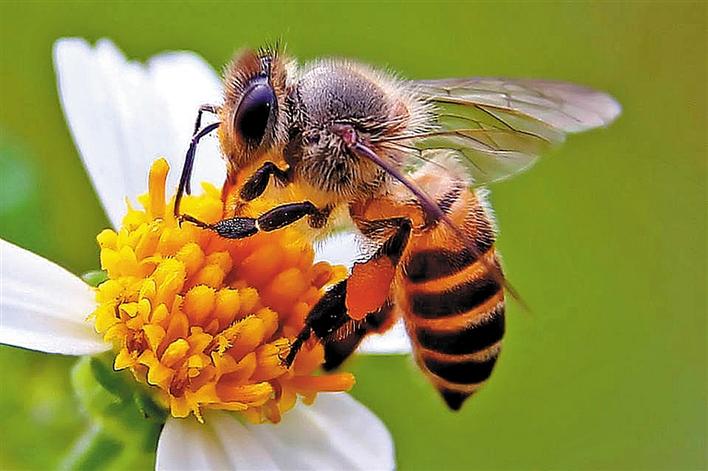The University of Exeter and Fera Science Ltd R & D team found evidence that Fipronil or was a real killer that caused the death of a large number of French bees in the 1990s.
It is reported that French farmers began to use
Imidacloprid and fipronil two pesticides, between 1994 and 1998, farmers found that bees began to die in large numbers. When farmers stopped using the above two products, the phenomenon of a large number of deaths of bees is alleviated. Many farmers and environmentalists blame
Imidacloprid for the massive death of bees, but the fact that farmers use Imidacloprid and the massive death of bees has never been proven to have a direct causal relationship. The latest findings suggest that fipronil may be the real killer of a large number of deaths.
Studies have shown that, after the first week of bees exposed to Fipronil, the number of deaths than the control 4000-9000 only, and under the same experimental conditions, the number of bee populations exposed to imidacloprid death is much less than the first group.

Studies have shown that Fipronil is more likely to have a cumulative effect in honeybees, whereas
Imidacloprid does not. Therefore, long-term or repeated exposure to Fipronil is more deadly to bees. The study also noted that, since Fipronil has never been considered a cause of massive death of bees, global insecticide manufacturers still use the active ingredient to control pests, which poses a potential threat to bee populations. Currently, Fipronil has been banned in the European Union, but the fipronil seed treatment agent is still being sold.

